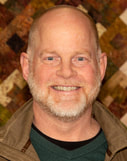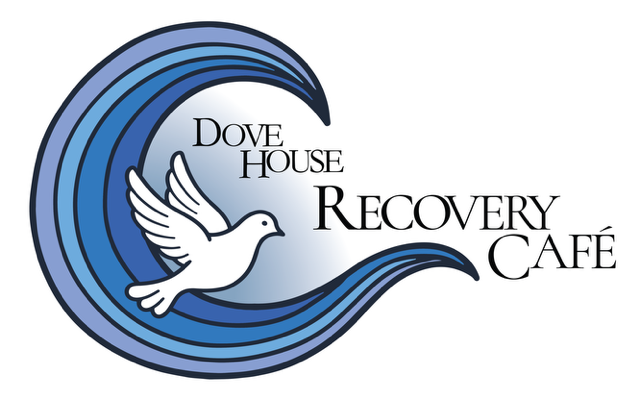|
by Kate Willette There’s a grave, gentle quality to the way Dave describes his young self--as if, in middle age, he’d like to put a hand on the shoulder of the desperate young person he once was and tell him it will, somehow, be okay. What he’s describing in that quote is how it was in his first year of college, a time that would turn out to be the launching point of three decades of addiction and loss. By the time he was eighteen, he’d transferred to a different college and begun to use marijuana to manage his anxiety; pot was everywhere at the American University (AU) in Washington, DC. It was 1978, and he’d chosen to go there partly because it was known then as a “party school.” Maybe there would be less pressure. Pretty much everyone seemed to be smoking pot at AU, but weed wasn’t the same for Dave as for his friends. While most of them were using it for fun, he was using it to self-medicate. It helped with the crippling anxiety, or at least it did until his need for it took hold. Before that year was out, pot had become his master in a way that will sound familiar to every addict.
Even with a relentless marijuana habit, Dave was a determined, capable student. He graduated from AU and was accepted at a good law school, and he wanted to do well there. Law school is where he discovered that giving up pot was a little easier if he replaced it with alcohol. That worked for a year or so, but there was a problem.
After law school came an attempt at a geographic cure--a move to a new location where, in theory, it would be easier to break old habits. Dave left Washington, DC and came to the Pacific Northwest, where he was hired by a prestigious Seattle law firm. Marijuana was still illegal then, but addiction makes its own laws. A day came when Dave, now a successful attorney in his mid-twenties, needed to get high. It was a work day.
He speaks of this moment calmly, fully aware of what it means.
Two decades. Twenty years of struggling to incorporate double addictions to pot and alcohol into the life of an attorney, husband and father. A first marriage destroyed. Relationships with children damaged. A second marriage in trouble. The inflection point in Dave’s story came in the fall of 2007.
Fear of not being capable of doing his work, it turned out, was the key that finally unlocked the door. He called a friend who had told him months earlier that he was getting help in a 12-step program; the friend picked him up and brought him, petrified, to his first meeting. It’s hard to convey the overwhelming fear of that moment to people who aren’t addicts.
That very night he was approached by a man who would become important in the process of healing. The man offered structure: Get this book and read it. Call me every day. Every morning, make a list of things you’re grateful for. The man said, You never have to feel this way again. The rigor of it was balm, but early on Dave realized that the focus on alcohol wasn’t going to be enough. Marijuana was his first addiction and still his drug of choice. Within a few weeks he’d found someone to talk with about that, and later he and some like-minded friends began a pot-oriented meeting in Seattle that’s been running continuously for more than a decade. Today, more than twelve years since his last use of drugs or alcohol, he works closely with eight or ten people himself. He’s secretary to two different meetings. He gets himself to four or five meetings every week, and--happily for Port Townsend--he’s joined the Advisory Board of Recovery Café Jefferson County. Dave came to learn about the Recovery Café at a chance meeting during a fundraiser, where he happened to be seated next to the Executive Director of the Seattle café. Within a few months he’d taken the volunteer training offered by the Seattle team and learned that Brian Richardson would soon be opening a location in Port Townsend. He’s excited about the idea of running a café in a place where the effort has so much potential to really matter to this small community.
For Dave, the café has the potential to help him continue to resolve the question that almost tore him to pieces at age seventeen: Why am I even here? The man who reached out to him at his very first 12-step meeting was content to see the purpose of his own life as helping addicts recover. It’s a simple, straightforward answer to an impossible question--and, remarkably, it works.
When asked what he sees as the future for the Jefferson County café, Dave delivers a long list. The gist of it, though, is in that phrase: to try to be useful.
Comments are closed.
|
Categories
All
Archives
June 2024
|


